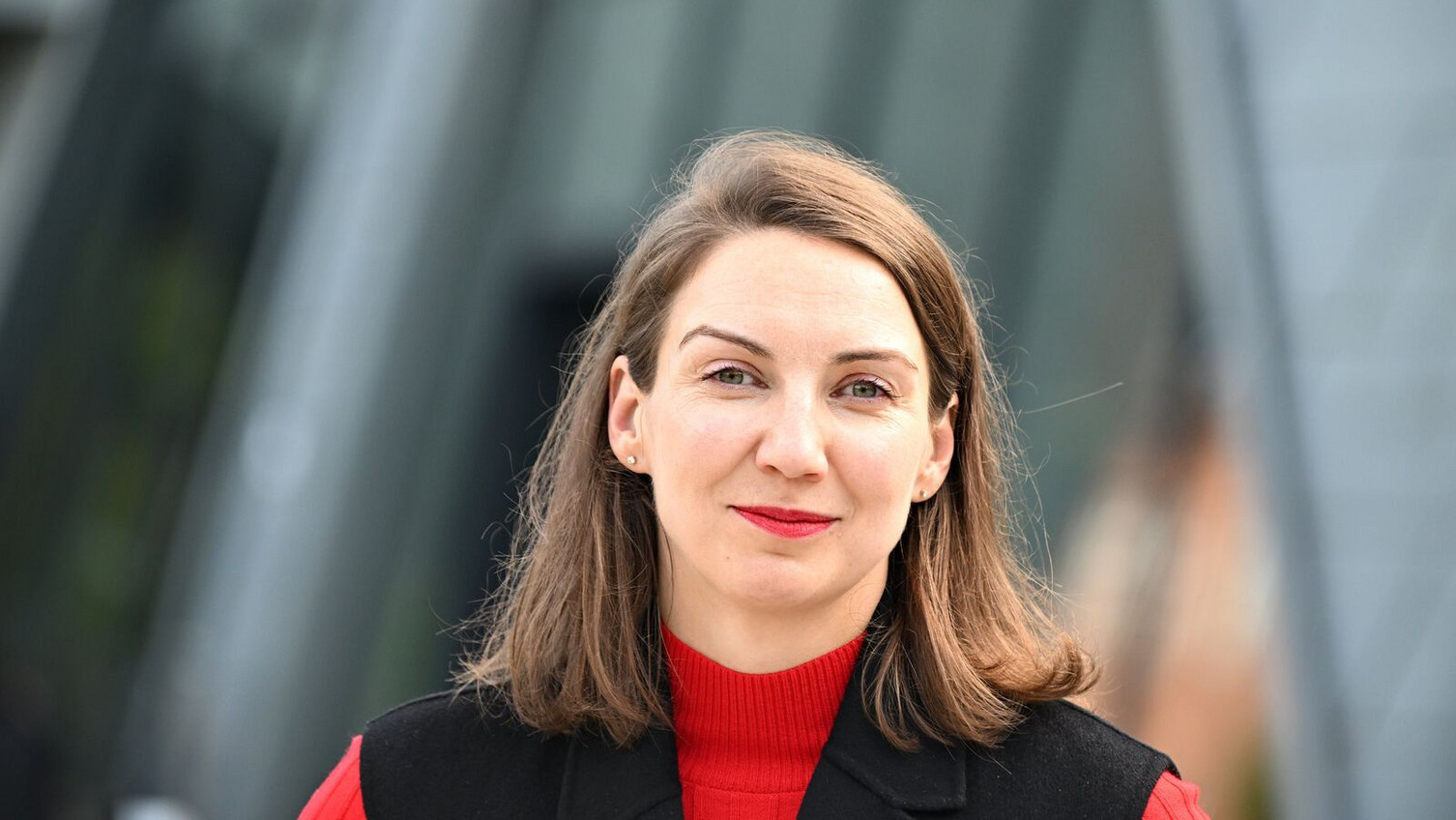New minor in Museum Studies starts at the college in autumn
2024-05-21 Museums are special places: with seeming objectivity, objects are collected, exhibited, and archived there. However, precisely through these cultural practices, museums are also venues for social and political discourse. The English-language minor in Museum Studies at Leuphana combines critical museology, transcultural art history, memory studies, provenance research, and theories of cultural organization. Program director Prof. Dr. Lynn Rother, Professor of Provenance Studies, explains the background of this unique study program. Prospective students can learn more about this and other study programs at the Bachelor's Info Day on 31 May 2024.
- Professor Rother, just 20 years ago, museums were hardly concerned with the return of looted collection items. Where does the new thinking come from?
Collecting is a cultural technique that people have been practicing for as long as they have existed. But it is not without conflicts. During National Socialism and colonialism, objects were looted that are still in museums today. The collapse of the Eastern Bloc increased the pressure on German institutions to come to terms with the German dictatorships and proactively research the origins of their collections. This new awareness has recently brought art from colonial contexts of injustice into focus. In the past, human skulls were collected under the guise of science for the construction of race. Today, museums must ask themselves how to deal with these “human remains“. The restitution of items from collections is increasingly being discussed in the media and has become an urgent task for museums. Nevertheless, this field is barely present at universities. We are closing this gap with the Museum Studies minor.
- What other focus areas does the Museum Studies minor have?
We deal with all forms of museums - art, cultural history, or natural history, but also address the role of galleries, memorials, or monuments. Students deal with humanity's tangible and intangible heritage from both a current and historical perspective. They learn to deal with objects using art historical methods, describing and categorizing them. Other theoretical approaches, such as theories of memory and transculturality, are also taught. Thanks to my professorship, which is unique in this form, we can also offer a focus on provenance research, i.e. on the origin of artworks and cultural objects. We also give students practical insights into professional fields and have partnered with museums and cultural institutions to make this possible.
- You also see museums as organizations. What questions does this raise?
The Museum Studies minor also deals with questions of transformation and digitalization. How do I move from a card index system to globally accessible and networked object data? What does it mean when exhibition spaces are no longer only real tangible spaces but also virtual ones? How do I organize a museum in terms of personnel, from the ticket office to the curator? But there are also other pressing questions: museums are often heavily air-conditioned for conservation reasons. How can I ensure that my collection is more sustainable? How do I deal with texts in exhibitions? The studies program qualifies students for cultural studies masters and more specialized disciplines such as art history or anthropology. There are numerous career opportunities in museums, exhibition spaces, galleries, private collections, memorials, and archives in the cultural sector.
- Thank you very much for the interview!
Lynn Rother studied art history, law, and economics and became a research assistant at the Staatliche Museen zu Berlin in 2008, where she worked in the Institute for Museum Research, the Directorate General, the Kunstgewerbemuseum and the Kupferstichkabinett, among others. She completed her doctorate at the Technical University of Berlin in 2015. For her dissertation, she researched an art trade deal between the Berlin museums and Dresdner Bank during the Nazi era with financial support from the Getty Foundation. As a specialist in provenance research, Rother moved to New York in 2015 to work at The Museum of Modern Art, where she still works as a consultant today. In 2019, she was awarded a Lichtenberg Professorship funded by the Volkswagen Foundation and chose Leuphana University Lüneburg. It is the only permanently established professorship that deals exclusively with questions of provenance research.

